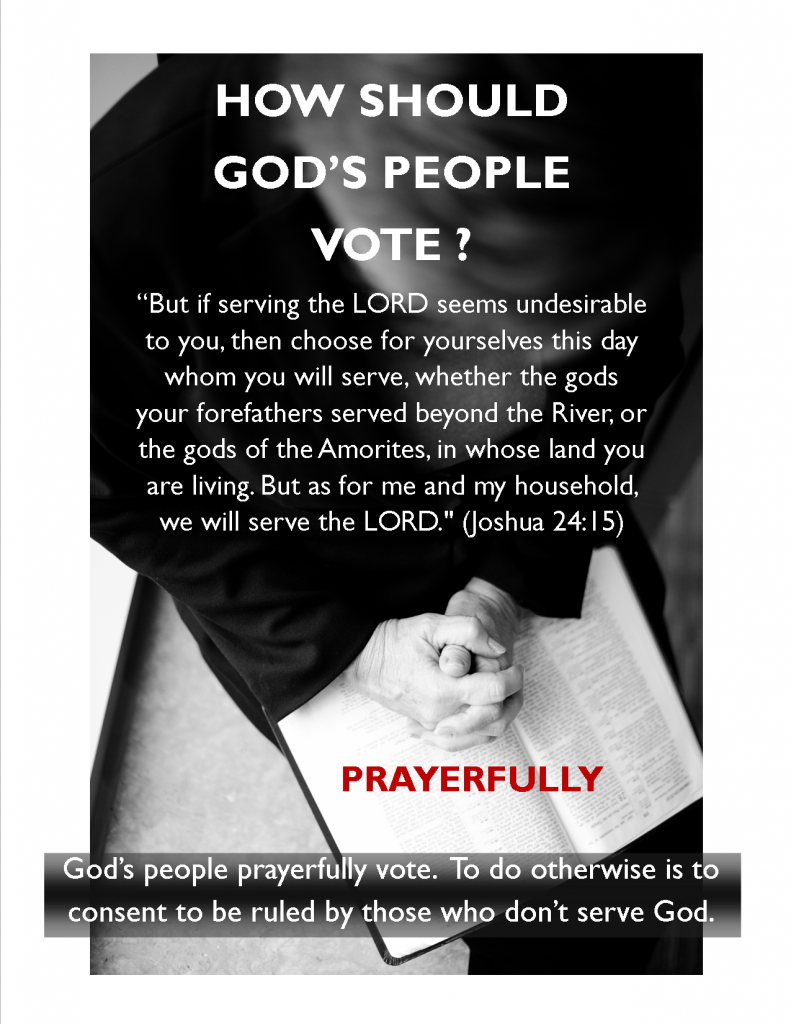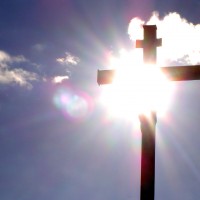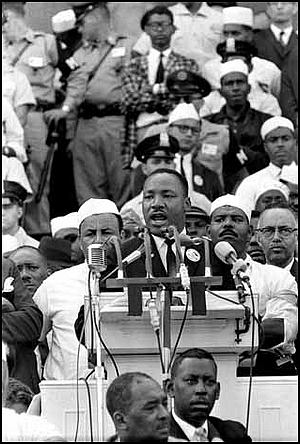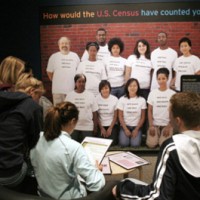 How do we respond to the senseless mass murder of 20 innocent children in Newtown, Connecticut?
How do we respond to the senseless mass murder of 20 innocent children in Newtown, Connecticut?
Or the victims in Aurora, Colorado?
Or in Portland, Oregon?
Please know your grief is remembered here, too.
How do we minister to those who grieve—whether those family members who must pass through the dark valley of personal grief or those across the nation observing the horror from a distance, but feeling the pain acutely nonetheless?
On Sunday, I offered to pray for a gentleman who came into the hospital chapel after the service. He wanted me to pray for the victims’ families and all those who knew someone who died. While ministering to him, I shared my personal journey of the peculiarly painful grieving process involved when a child has died. I became convinced the Holy Spirit wants me to share the same with you. While a child dying at birth and innocent children being murdered in a classroom might not seem to share the same magnitude, there are similarities regarding our search for answers on this side of heaven.
I’ve organized this into 4 pages so you can choose what will minister to you:
- Page 1 appropriately attempts to console the grieving families. My heart goes out to you.
- Page 2 offers encouragement for neighbors, friends, pastors, rabbis, and other religious leaders who desire to help.
- Page 3 is a prayer similar to what I prayed on Sunday.
- And page 4 is devoted to a short theology for those who are hungry to make sense of “Why God didn’t act to save the victims?”
 To the parents and brothers and sisters, grandparents, aunts and uncles of the innocent six and seven-year olds who were killed, this type of grief is one we never “get over.”
To the parents and brothers and sisters, grandparents, aunts and uncles of the innocent six and seven-year olds who were killed, this type of grief is one we never “get over.”
But the good news is that we do get through it.
Hope can be found to sustain us as we drag ourselves, numb and empty, from sunrise to sleepless nights. Eventually these feelings will be reconciled and a new normal will emerge. Within the new normal, you will smile and laugh again (which I know seems nearly impossible right now).
You will think of your child often—I still do daily nearly 14 years after the fact—but my hope is that when you do, the rawness of the pain you feel today will be replaced by the tender sentiment of a joyful reunion. This has been my journey and being at peace about it, I wish the same comfort for you.
Each person—adult or child—grieves in his or her own way. The grieving process takes a different shape depending on personality, age, and temperament. I grieved by praying and thinking and talking. My husband grieved by listening and finding activities to exhaust his emotions of sadness and anger. My daughter grieved by crying, asking the really hard questions we all have, and by coming to grips with the feelings of betrayal by God and the dashing of her dreams. My son grieved by playing a Star Wars computer game. He’d play for a while, and then pause the game to ask, “Is Julia in heaven?” We’d talk about it. He’d play some more, pause, and ask, “Do you think she felt any pain? Do you think she can see us? Does she know that we were her family? What happens when people die?”
Your questions and your children’s questions are likely to be similar. But you will navigate them in a way uniquely personal to you. Give yourself grace to be yourself. It’s not a competition and the goal is not necessarily to get through it quickly. The goal is to get through it well and emerge with new hope.
The truth is that grieving dead children is different.
I understand the void left behind when the person you loved has died. Because you loved him or her, no one will ever fill that place. No future children will ever occupy such hallowed ground of your heart as that bearing the footprints of your beloved child who died. It is evidence of the depth of your love.
One might say that these feelings happen with any loss no matter what age. But there aspects in which grieving a child is different. Presumably among the seven adults murdered, they were children of parents who have survived them. They were still children to someone.
 The parent-child bond is powerfully strong and when broken by death, a part of us dies with our child. That part was the innocent expectation of the cycle of life, like the sun rising and setting. In the vast majority of instances, children someday bury their parents.
The parent-child bond is powerfully strong and when broken by death, a part of us dies with our child. That part was the innocent expectation of the cycle of life, like the sun rising and setting. In the vast majority of instances, children someday bury their parents.
It’s not supposed to be the other way around.
For that reason, the death of children shakes us at our very core. The adults who died, who were children yet to their own parents, have left that same bond broken and what remains is the associated shock at what we never could have imagined.
For the parents of the six and seven year olds, you know the grief in two additional aspects (the future dreams and the family dynamic). You know the loss of future dreams in a more impactful way because they had lived so short a time in comparison to the life ahead of them. You grieve the things your child would do as he/she became the young man/woman you dreamed they would be. You grieve the birthday parties, ballet concerts, and soccer games. You grieve the prom pictures and the graduation days from high school and college. You grieve walking them down the aisle when they would get married. You grieve the memories you wanted that will never be. Making peace with this is harder because of the terrible unfairness of an innocent child being robbed of life at so young an age.
There’s also the family dynamic of trying to be strong for your surviving children and helping them in their grief. Trying to explain what you have no answers for. Children ask insightful, probing, and downright blunt questions that lack the niceties of beating around the bush of ambiguity. There’s a straightforwardness about children that can catch you off-guard. Don’t be afraid to say, “I haven’t really thought about that enough yet so I don’t have an answer now. Let’s write that one down and agree to think about it and talk about it, OK?”
Some questions don’t have answers and ironically, kids are often more accepting of fewer answers to “Why” questions than adults are.
Just as you will not want to compare your grieving process to others you know, your children will appreciate the grace and the freedom to grieve in their own way. That said, as parents, I know you’ve already been talking with psychologists who specialize in this kind of thing. Being observant of your children’s progress through grieving can allow timely professional help. We appreciated the assistance of a Christian counselor and did not consider seeking help to be a sign of failure on our part. It was an indicator of the trauma inflicted when a child dies and represented our best attempts at good parenting.
One final note to the parents on the role of faith: while I didn’t want a theology lesson at the time, my faith did play a large role in my reconciling what happened.
If you as parents would like to talk privately now or years down the road, please feel free to write to me if I can be an encouragement to you. I have a ministry of comfort because I have received comfort in my life.
You are in my prayers for an outpouring of peace to cover you at this difficult time.
Are you a neighbor or friend or religious leader who wants to be an encouragement? Please join me on the next page.


 When we see the limits, we can embrace a lean and muscular government—one like a marathon runner—an institution so focused on the finish line of civilization, humble restraint, and shepherding law and order that it has neither the time nor the desire to grow fat and lazy. A Jabba the Hutt government with an insatiable appetite for power and money isn’t what God had in mind.
When we see the limits, we can embrace a lean and muscular government—one like a marathon runner—an institution so focused on the finish line of civilization, humble restraint, and shepherding law and order that it has neither the time nor the desire to grow fat and lazy. A Jabba the Hutt government with an insatiable appetite for power and money isn’t what God had in mind.












